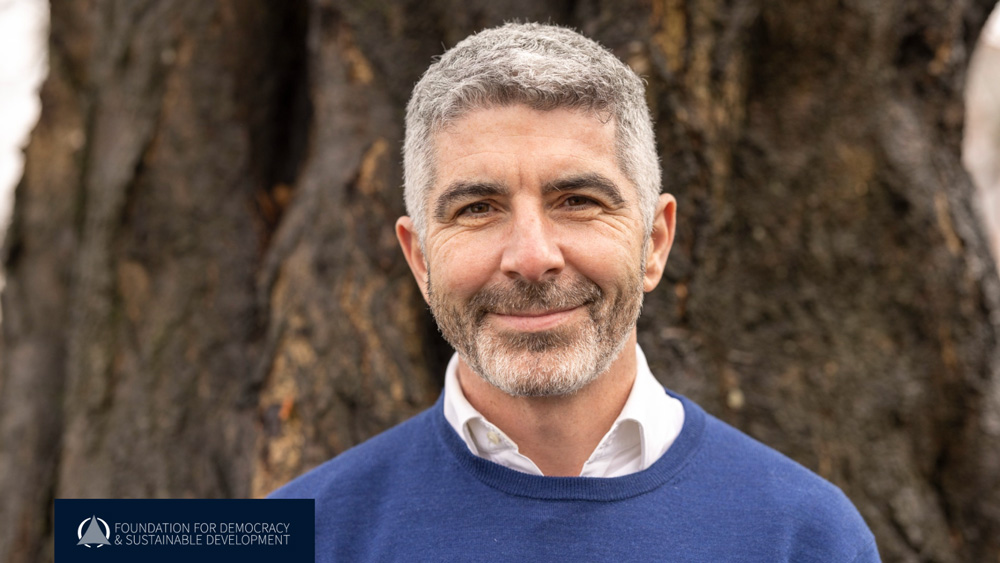On 19th April 2018, FDSD jointly held an event with the Institute and Faculty of Actuaries to ask “Will the Future Blame Us?” and how do we bring future generations into today’s politics.
The audience, a mix of actuaries, academics, policy-makers and civil society, heard from three speakers – Dr Joerg Tremmel, Editor-in-Chief of the Intergenerational Justice Review, Clare Moriarty, Permanent Secretary, Department for Environment, Food and Rural Affairs (DEFRA) and Louise Pryor, member of the IFoA’s Council and Chair of the Resource and Environment Board.
Joerg reminded us that “our political institutions … were designed in and for the Holocene”; in other words, for a time when humans’ impact on the planet was negligible. The ‘Anthropocene’ is the name given to today’s geological time period, one in which people’s activities and lifestyles change the geology and climate. In this Age, he argued: “the need for more statesmen is imperative”. As Winston Churchill’s said: “the difference between a politician and a statesman is that the politician thinks about the next election while the statesman thinks about the next generation”.
Drawing on the work of Defra, Clare Moriarty talked about the long-term thinking and planning that government in fact does, for example, the Thames Barrier or the 25 Year Environment Plan with its commitment to “leave the environment in a better state than we found it: to improve the environment in a generation, for future generations.
She also pointed out that science changes. Forty years ago, we talked about ensuring people-free habitats; then a focus on nature despite people (for example, species loss). This approach was superceded by one stressing nature for people (in other words, ecosystem services). Today, discussion is all about people and nature, with a focus on ‘resilience’. These different framings might prioritise strategies and policies that affect future generations very differently.
Clare also noted a difference between the European approach – ‘hazard-based’ or adopting the precautionary principle; compared with that of the UK – more risk-based, balancing the needs of the environment with that of the economy.
Louise Pryor talked about the actuaries’ role in advising on risk and long-term implications. She said that she rarely talks about ‘expected’ (or average) outcomes, but rather ‘possible’ outcomes and their likelihood.
Louise thought that it was important to think about the probability of failure, and to consider what you are willing to accept and how to achieve that, for example, through insurance or capital holdings in banks. She also highlighted the work that the IFoA had already done on intergenerational justice, three bulletins on pensions; health and social care; and on climate change.
The audience discussed incentives which support short-term thinking, whether by government or individuals, as well as areas where government did indeed enable the long term, for example, through the Climate Change Act or auto-enrolment in pensions. Suggested ways forward included: consideration of whether or not artificial intelligence (AI) might be used to embed long-termism; ensuring all spending decisions include a long-term test; more forward-looking rather than retrospective policy auditing; regular policy reviews to respond to changing scientific evidence; promoting integrated reporting for business; and a role for the House of Lords champion the long-term.
A final challenge was to create narratives that enable people to feel connection with past and future generations.
The rich discussion arising from the different audience perspectives, showed how important it is to bring different people together and adopt a multi-disciplinary approach to tackling present and future challenges.
Download
The presentations of the individual speakers can be downloaded in pdf (381KB).
Image © Linda Geßner / kultur.work



